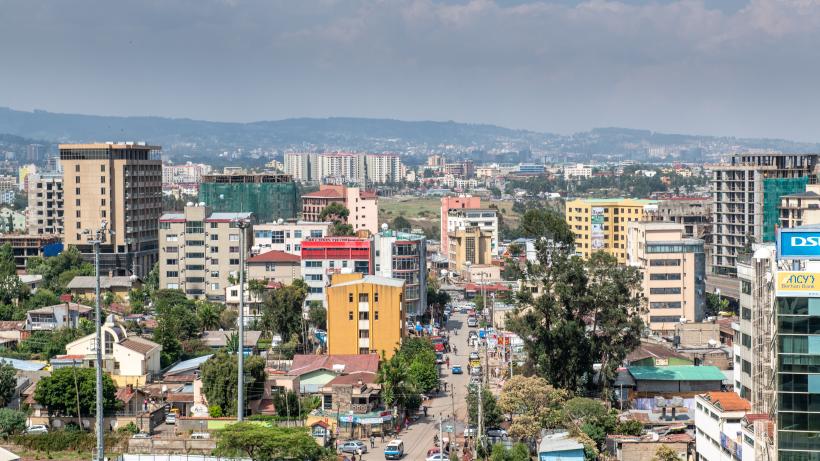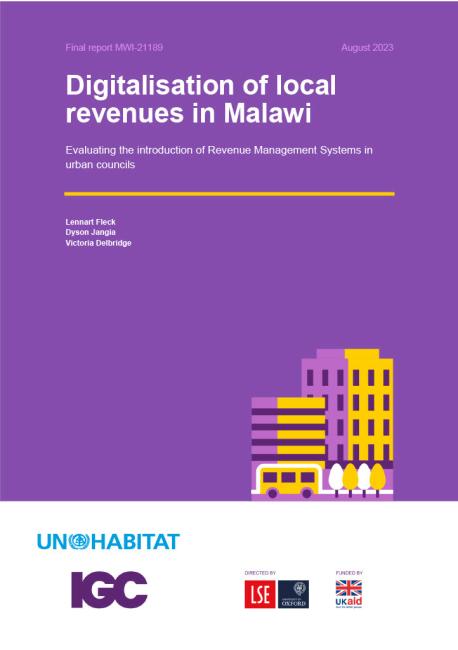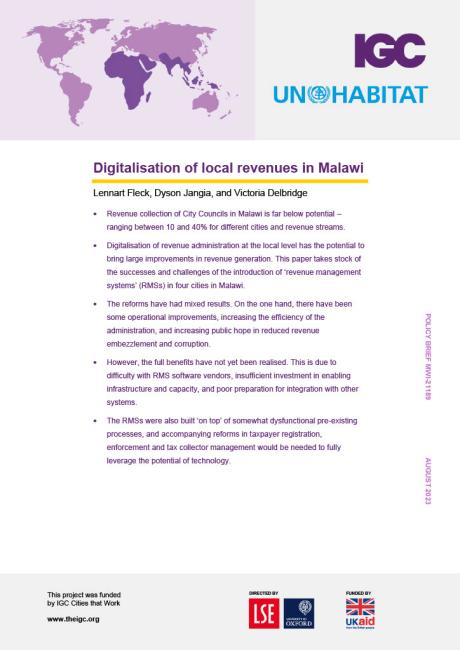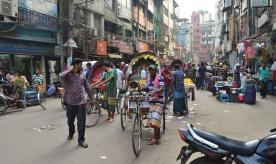Cities that Work
Cities that Work is an IGC initiative that builds on our work to translate economic research and practical insight into clear urban policy guidance.
Highlights

Delivering urban development: PPPs and other procurement options for urban infrastructure and services

Economics meets urban planning: Developing effective land use plans in fast-growing cities

Sustainable urbanisation in developing countries: Cities as places to innovate, trade, and work

Sustainable urbanisation in developing countries: Cities as places to live
Mapping municipal finance reform in developing countries

Data and research as key enablers of city outcomes: A case study of the City of Cape Town (2000-2022)
Policymakers across the developing world are at a critical juncture, where well-implemented, evidence-based urban policies have the potential to unlock a process of sustainable economic growth that can rapidly lift millions out of poverty.
A new body of economic research and data is enhancing our understanding of the policy choices which shape this process. This research must be harnessed for practical application, providing clear policy solutions to the pressing issues governments face surrounding rapid urbanisation.
Cities that Work combines new evidence and analysis of urban economics with the hard-won knowledge of urban planning practitioners and policymakers. Our aim is to develop a policy-focused synthesis of research, and a global ‘network’ of individuals with a shared vision for urban policy.
Research results and the practical knowledge of practitioners and policymakers are synthesised and presented in a manner that can inform decision making in four key areas:
Land is a city’s most valuable resource, but without active policy is liable to be badly misused.
Cities are where economic development really happens.
The backbone for rising productivity and living standards in a city.
In rapidly developing cities, large public investments are needed to improve the quality of life of citizens and provide the conditions for long-term economic growth.











